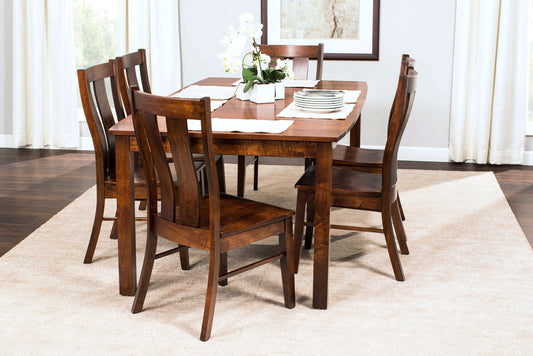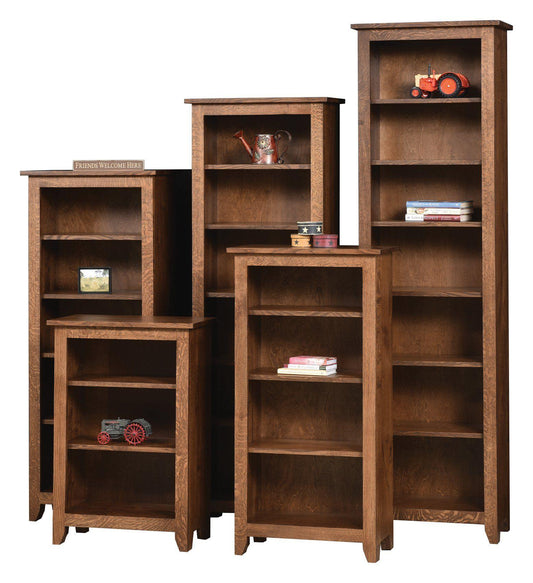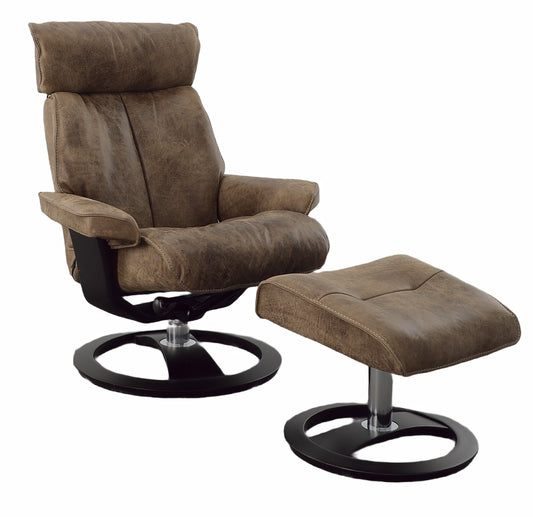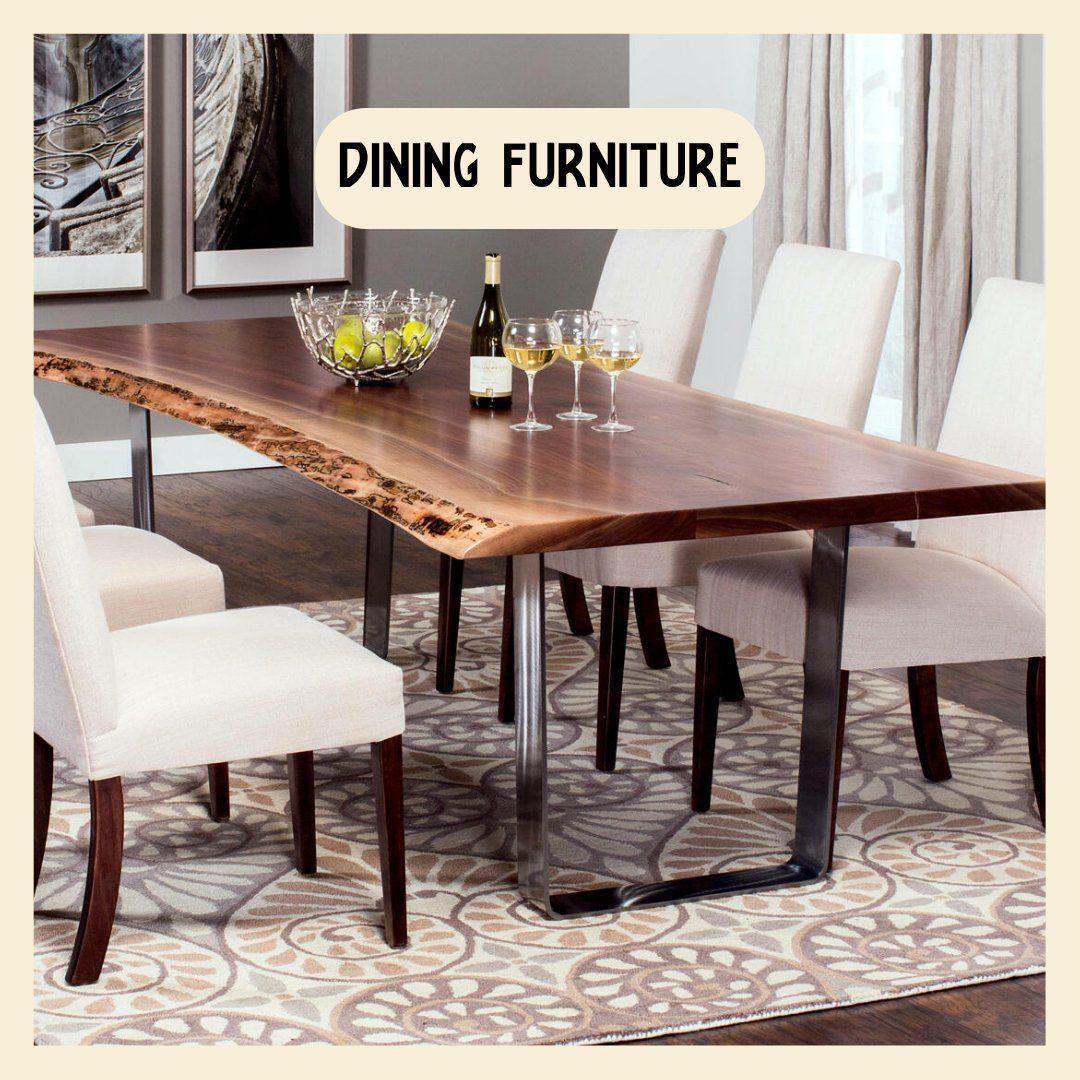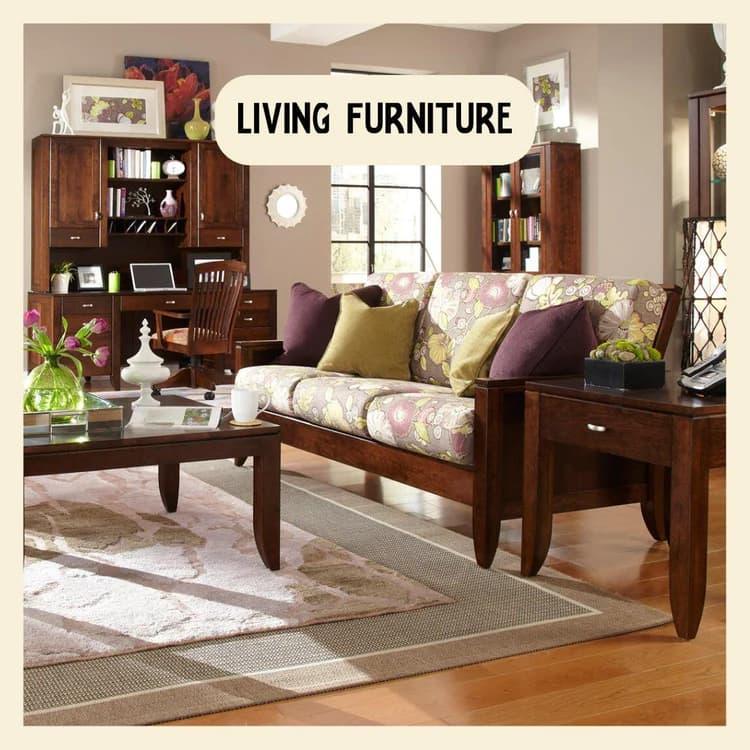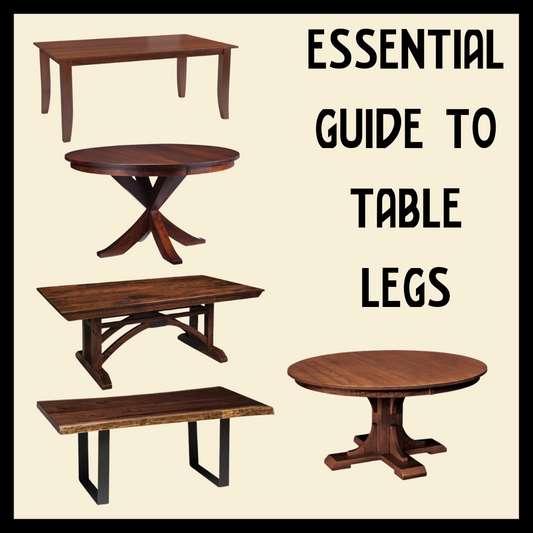Shaker vs. Mission Furniture: Choosing the Right Style For You
Amish furniture is synonymous with beauty, durability, and timelessness. But when it comes to its two most famous styles, the differences are in the details.


When making the decision to buy Amish furniture, you know you’re getting something exceptionally crafted with the potential of being passed down through generations. But pointing out the differences between the two most common styles, shaker and mission, is where people might have some questions.
We’re hoping to take some of the guesswork away as we compare the two styles side by side to help you decide whether shaker or mission style furniture might fit your needs best.
A brief history of Shaker style furniture
The group that eventually came to be known as the Shakers, broke off from the English Quakers and the Church of England in the 1770s and came to America to start a new life. Originally known as the United Society of Believers in Christ’s Second Coming, they adopted the term “Shakers” because of a religious worship method involving shaking of the hands, arms and head.

They lived by a strict moral code and distanced themselves from mainstream society by living in small, self-sufficient communities. Their philosophy promoted simplicity, honesty and humility, which was reflected in the crafting of their furniture. Simple furniture, without excessive ornamentation promoting pride and faux finishings considered deceitful, was designed as an effort to meet basic needs.
A brief history of Mission style furniture
Mission furniture made its debut in the late 1800s. Based on design principles of the Arts & Crafts movement, furniture maker Joseph McHugh created a line of furniture inspired by the Swedenborgian Church of the New Jerusalem in San Francisco. The furniture was rustic with simple design elements and shared similarities with styles found in Spanish missions across California.

Gustav Stickley, one of the most recognizable names in American furniture, then launched a line of his own based on the same mission-inspired style. Rectangular shapes, 90 degree angles with vertical or horizontal lines define the style and continue to remain hugely popular to this day.
Characteristics of the Shaker and Mission styles
Shaker and mission style furniture have defining characteristics that make them distinctly different.


|
Shaker |
Mission |
|
Tapered legs |
Square legs |
|
Clean, simple design |
Vertical or horizontal lines with parallel slats |
|
Wooden (often round) drawer knobs and pulls |
Black or metal drawer knobs and pulls |
|
Woods commonly used - maple or pine |
Woods commonly used - oak, maple or cherry |
|
Lighter stains |
Darker stains |
|
Graduated drawers (larger at the bottom and smaller as you go up) |
Exposed joinery |
How to choose the style that’s right for you
There’s a lot to love about both the shaker and mission styles, which might make the decision of what’s right for your home a more difficult one. Take a few minutes to consider these questions:
Modern & Contemporary - Shaker or other more modern styles tend to blend well
Historic & Older - Mission or craftsman styles tend to blend well
Rustic & Country - Shaker goes well here with its lighter stains and ability to brighten a space with its traditional, gentle look.
Darker & Bold - Mission is designed to have a look of heaviness (which it often is), a little bit darker stained and offers a strong, beautiful yet still simple look.
It might sound like an odd question, but everyone’s homes are laid out a little differently. You might need your pieces to perform multiple functions like seating and storage, which both mission and shaker pieces can provide. You might also need it to be moved easily.

Shaker furniture, although incredibly well made and sturdy, was and still is designed to be lighter and easier to move (and was historically hung when not in use!). Even if you don’t need it to be moved often, maybe you simply like switching up the layout. Mission furniture, while gorgeous, is going to be harder to move around.
If you’ve still got questions about differences between shaker and mission or simply want to see the pieces for yourself, visit us online or in store!


